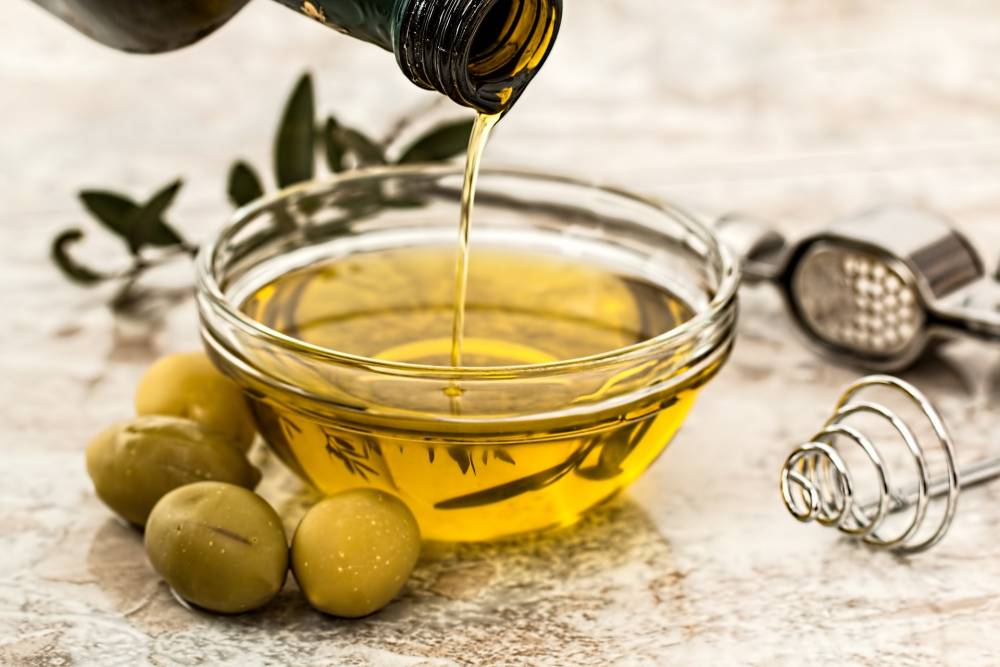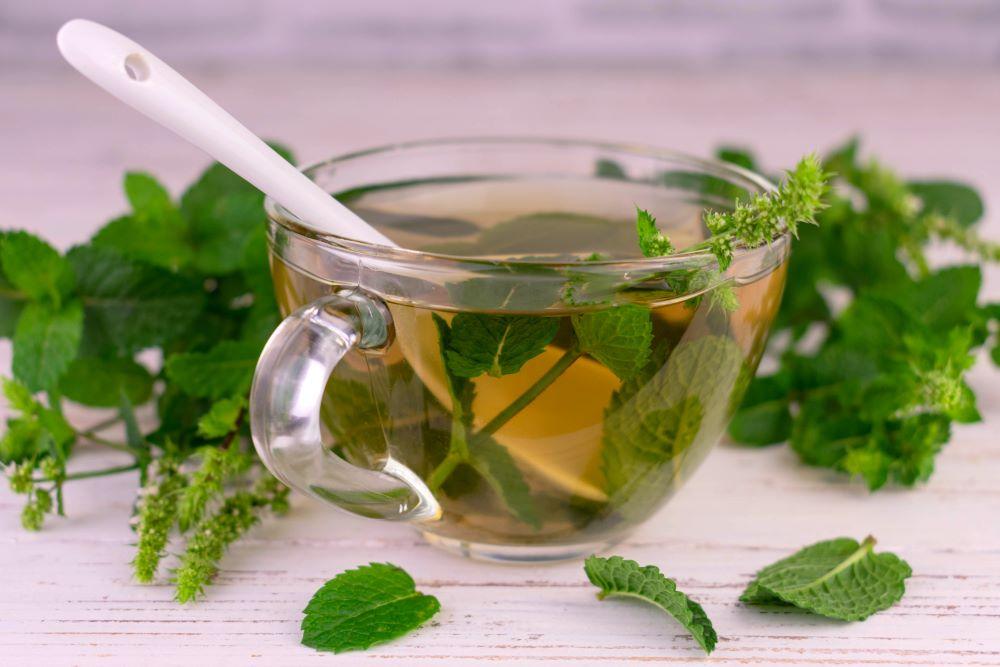
Eat like a tourist in Greece. The sunset over your office park isn't as stunning as the one over an Aegean beach, but a plate of grilled fish and fresh vegetables and a glass of wine is as delicious in Athens, Georgia, as it is in Athens, Greece. All the heart-healthy fats, minerals, and antioxidants in Mediterranean foods like hummus, olive oil, and feta can help lower your risk for heart disease, says Susan Mitchell, Ph.D., coauthor of Fat Is Not Your Fate (Fireside).
Eat like a tourist in Greece. The sunset over your office park isn't as stunning as the one over an Aegean beach, but a plate of grilled fish and fresh vegetables and a glass of wine is as delicious in Athens, Georgia, as it is in Athens, Greece. All the heart-healthy fats, minerals, and antioxidants in Mediterranean foods like hummus, olive oil, and feta can help lower your risk for heart disease, says Susan Mitchell, Ph.D., coauthor of Fat Is Not Your Fate (Fireside).
A potato comes from the ground, an egg from a hen. But where did that Pop-tart come from? "Unprocessed, whole foods will give you the most benefits," Berman says. Processing takes out nutrients such as antioxidants and fiber. What's worse is that a lot of processed foods tend to sneak in things that aren't really necessary like extra sodium and sugar. There's nothing wrong with indulging the occasional processed food craving (sometimes a bag of potato chips is too hard to resist!). But if you're trying to shop healthier altogether, be on the lookout for products that have been minimally processed.
Snacks that offer a big, satisfying crunch when you bite into them—we mean apples, celery, snap peas and nuts, not chips—keep your mouth busy longer than food you slurp. "The more you chew, the slower you eat and the more time your body has to register fullness," Mitchell says.
When you sit down to a meal, try to savor every bite. Especially the first few, because those are the bites you're going to enjoy most. "There is a toning down of taste buds after the first few bites," says Linda Bacon, Ph.D., professor of nutrition at City College of San Francisco. That's not the only reason to take it slow while eating. It takes your brain about 20 minutes to realize your stomach is full. If you're throwing back food like there's no tomorrow, odds are you're going to accidentally eat past the full and wind up totally stuffed.
"Staying well-hydrated helps your body function properly, and it also helps make sure you don’t overeat," Pam Bede, M.S., R.D. with Abbott’s EAS Sports Nutrition, tells SELF. But it's not just that staying hydrated keeps you from overeating. According to Maxine Yeung, M.S., R.D., owner of The Wellness Whisk, sometimes you may feel hungry when, in fact, you're actually thirsty. Basically, no harm can come from drinking a glass of water.





